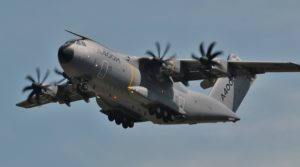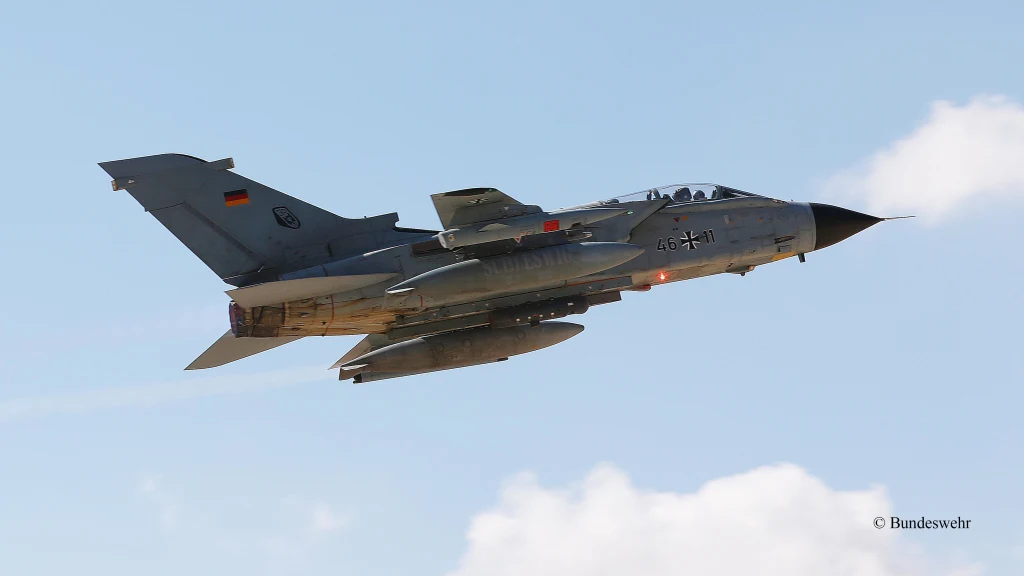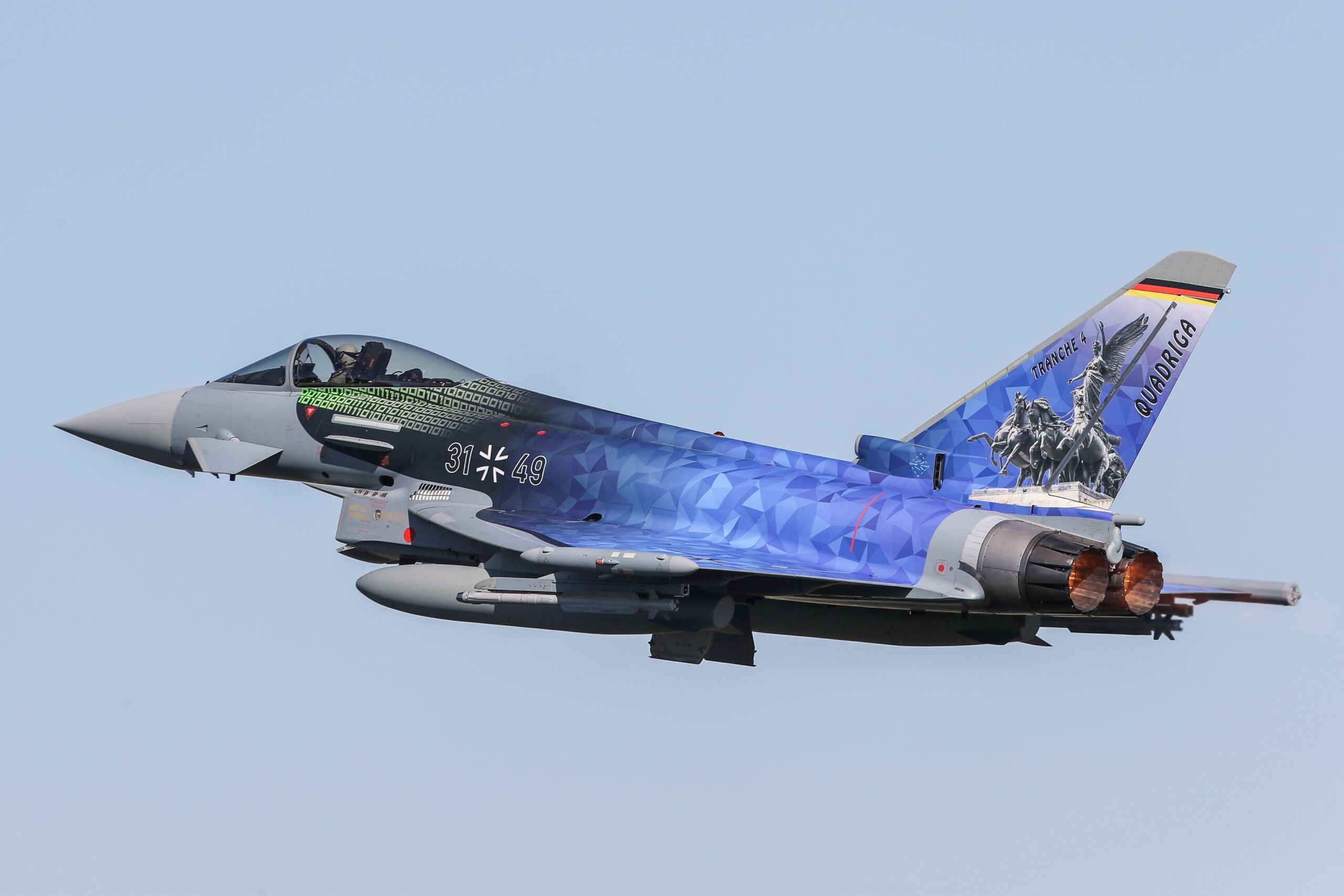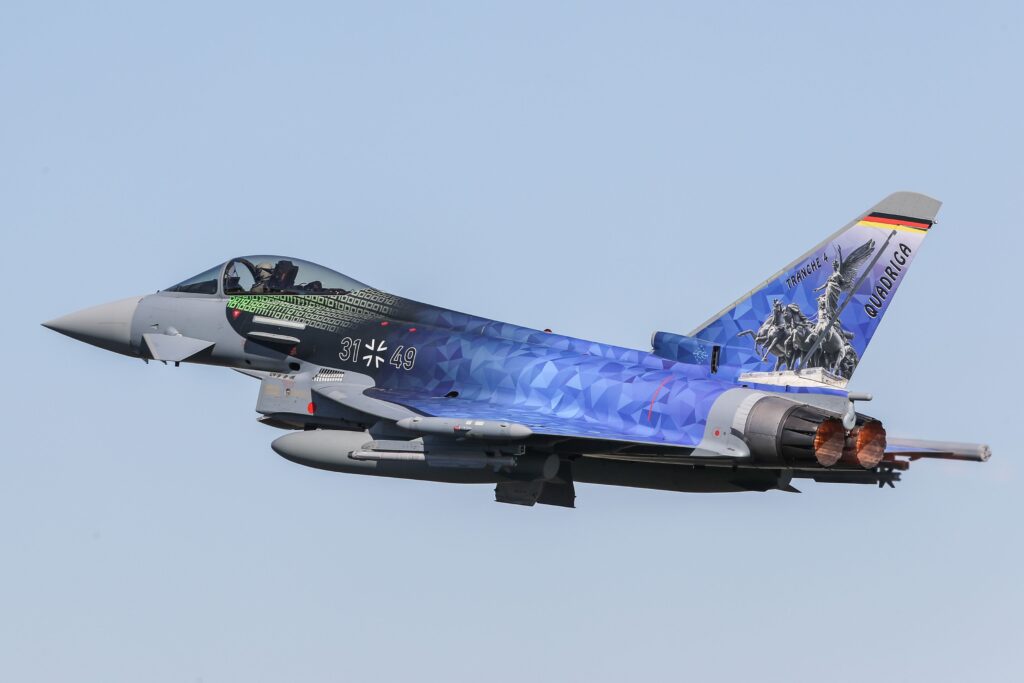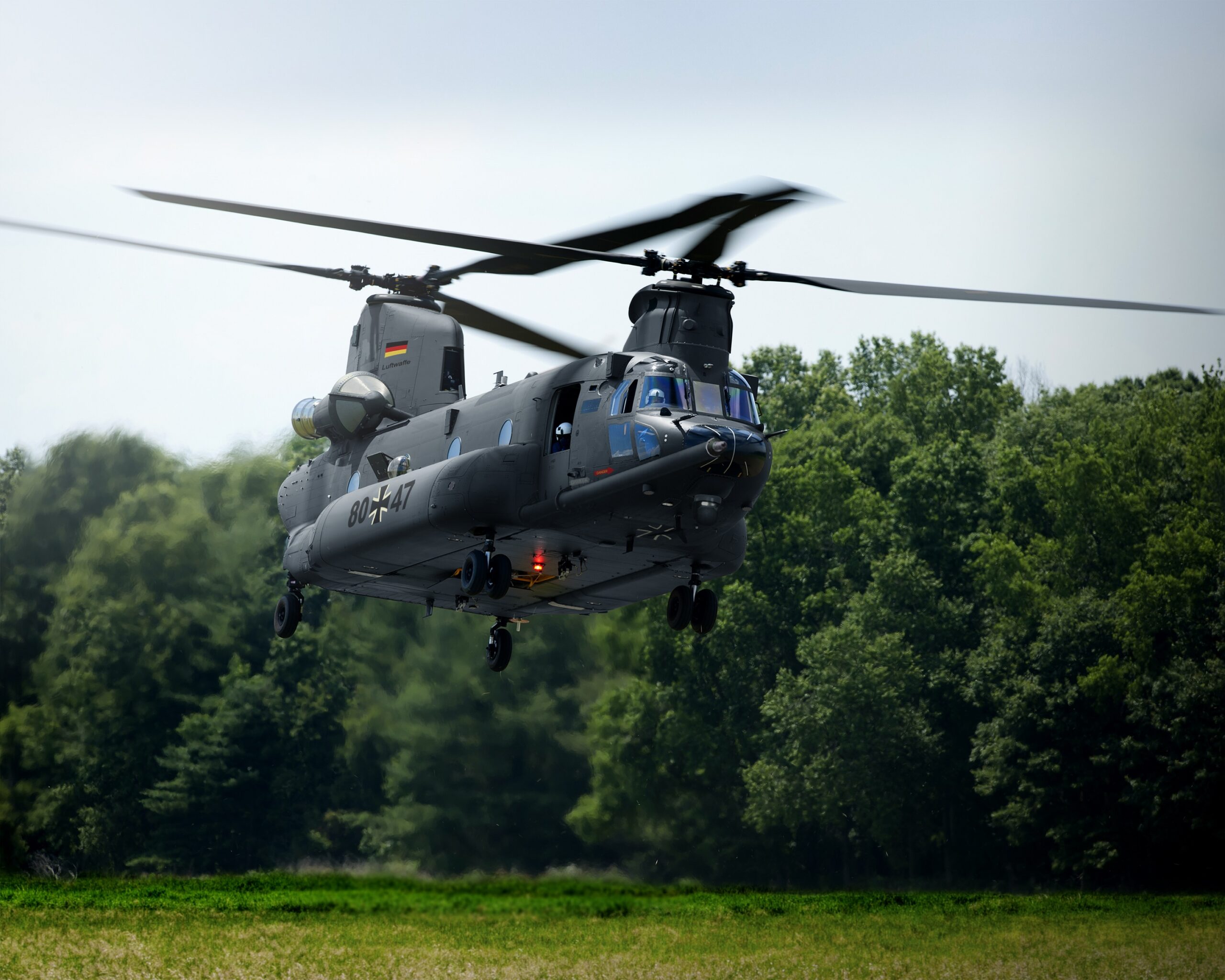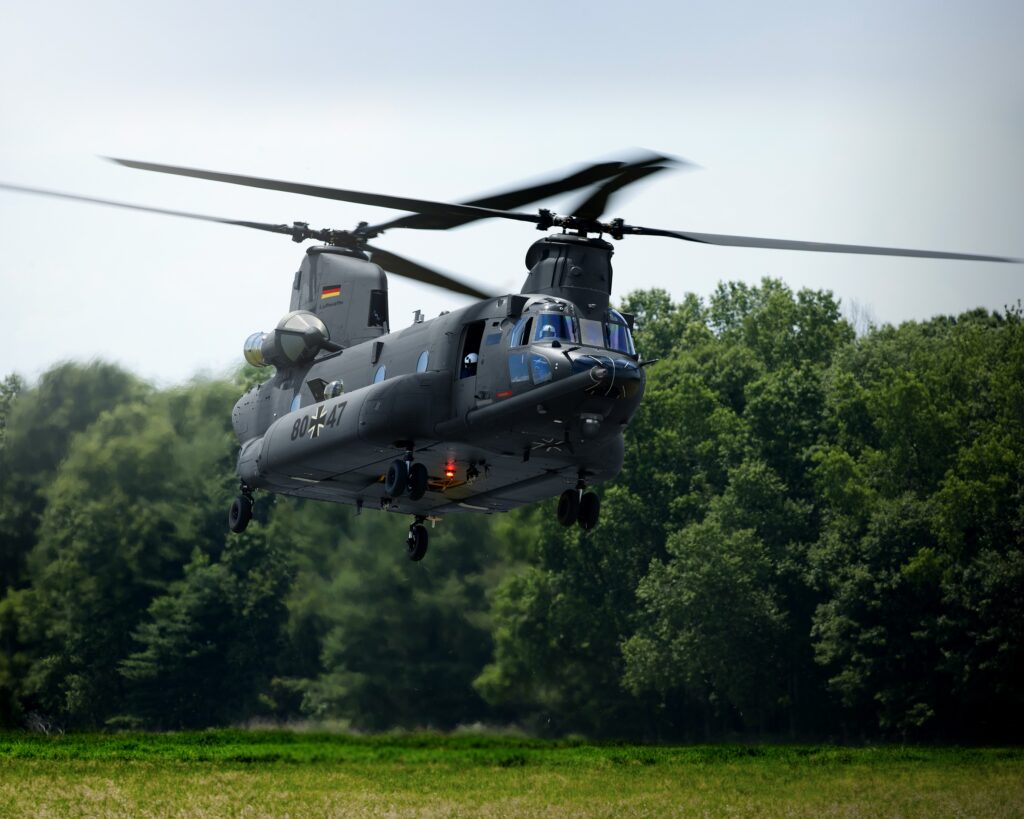BERLIN (Reuters) – Germany’s military fears that the Airbus (AIR.PA) A400M aircraft will not fulfill its needs in time as the troubled program faces further problems, a report seen by Reuters reveals.
The confidential German military report said there was a “significant risk” that the A400M would not meet all its tactical requirements by the time the armed forces retires a fleet of aging C-160 Transall transport planes after 2021.
“It is not clear whether, when and how many mature deployable A400M will be available with the contractually required suite of tactical capabilities,” the report said.
“There are significant risks associated with the availability of the required tactical capabilities at the time of the retirement of the C-160. A capability gap cannot be excluded after 2021,” it added.
Problems included data such as fuel usage needing to be entered into multiple systems, meaning it could take up to 50 man-hours to plan medical evacuations and other missions, which the report said was “not acceptable” operationally.
Airbus, which last month took a new 1.3 billion euro charge on the multinational A400M program, declined to comment.
The program was initially valued at 20 billion euros ($25 billion) but has reached well over 30 billion euros, sources told Reuters last year.
Germany, the largest buyer of the A400M, has received over 17 of the 53 A400M aircraft it plans to buy.
“CRITICAL” PROBLEMS
The German report said the mission planning process meant that certain tasks, such as providing disaster relief or evacuating wounded soldiers, “cannot be executed”.
Although planning could be shortened to six to 10 hours, this was only possible by reducing the load of passengers and equipment, said the report.
The latest setback for Airbus comes after a preliminary deal by which Germany and six other NATO nations agreed to slow the planned delivery schedule and negotiate removing certain difficult to achieve requirements for the aircraft.
In return, Airbus has pledged to provide “all necessary support and resources” to Europe’s largest defense project.
The report cited continued concerns about the plane’s inability to meet requirements, such as the ability to drop parachute troops. It said Airbus could also seek additional funds to complete work on the self-defensive capabilities.
It also cited delays in carrying out testing of the plane due to insufficient infrastructure in Europe, and said a site in Yuma, Arizona was now being considered.
There were also “critical” problems with the production of sensor chips for the plane’s airborne warning system that had not been resolved, the report said, noting that Germany had received five A400M aircraft without the warning system.
($1 = 0.8114 euros)
(Reporting by Sabine Siebold; Writing by Andrea Shalal; Editing by Madeline Chambers and Alexander Smith)
